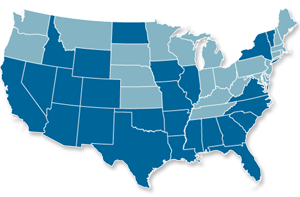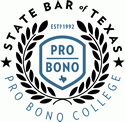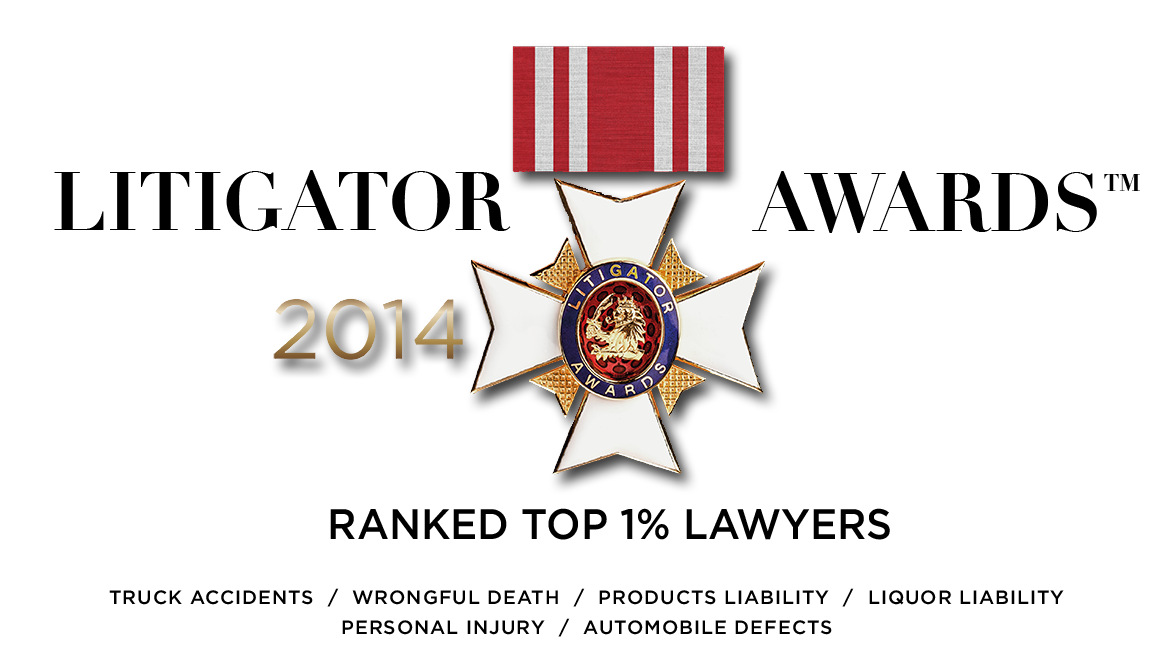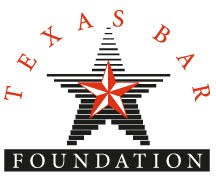Terminology
Cervical Spine:
The cervical spine consists of seven vertebrae, or seven cervical bones. The cervical bones are not as large as other vertebrae and therefore allow for more bending, turning, extension and flexion. There are two parts to each cervical bone: the body and the neural arch.
Thoracic Spine:
The 12 vertebrae of thoracic spine are attached to the ribs. The thoracic spinal region is a smaller and narrower region than the cervical or lumbar areas and subject to a higher rate of fracture. Rotational movements and side, forward and backward bending are governed primarily by the thoracic region.
Lumbosacral Spine:
The 5 lumbar vertebrae are the largest and thickest in the spinal column. Lumbar movements are primarily backward and forward extending and bending. The sacrum articulates with the L5 vertebra and the sacrum attaches to the pelvis.
Nerve Pathways:
These are the highways or the pathways that carry and communicate the signals to the spinal cord and to our bodies.
Motor Neuron:
Injuries that occur above the level of the anterior horn cell may cause spastic types of paralysis. Injuries below the anterior horn cell result in a flaccid paralysis. One of the main concerns with upper or lower neuron paralysis is bowel and bladder control.
Sensory Pathways:
Sensory pathways transmit feelings from the body like pain, hot, cold and touch. Signals from the spinal cord travel to the brain on different pathways often referred to as “tracts.” Different tracts transmit and carry different feelings. The tracts carrying feelings of pain travel through the middle of the spinal cord.
Autonomic Pathways:
These are special nerves, which fall under two categories: sympathetic and parasympathetic. The autonomic nervous system controls the smooth or involuntary muscles such as the heart. It also governs the digestive and respiratory systems. The chief goal of the autonomic system is to keep the body’s internal environment even and stable.
Contact an Attorney
If you or a loved one have experienced SCI as the result of an accident or other negligence by another person, call the Texas spinal cord injury lawyers at Bryan K. Harris PC today to learn about your legal options.










